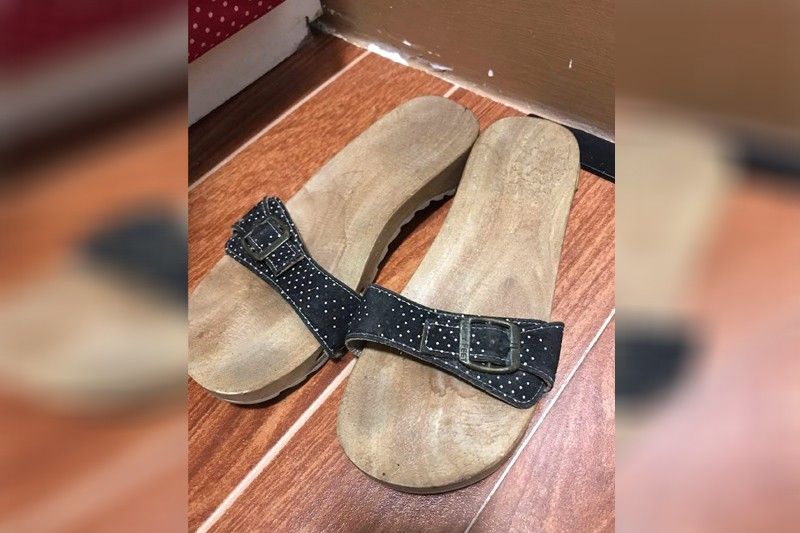
MANILA, Philippines — The Oxford English Dictionary (OED) featured the Tagalog word “bakya” as its Word of the Day on Tuesday, marking its important contribution to Philippine English.
The OED on its official Twitter account posted its definition of bakya as a “type of backless sandal with a thick wooden sole and a strap of rattan, plastic or some other material, traditionally worn in rural areas in the Philippines and sometimes having an ornately carved or painted heel.”
The dictionary also gave the “colloquial” or “derogatory” definition of the word to describe someone “lacking in refinement or sophistication” or who is “rural, rustic (and) lowbrow.”
On Facebook, OED World English editor Danica Salazar said bakya is a “Tagalog borrowing” of the Hokkien word for wooden shoes.
The dictionary cited the American colonial period publication “Annual Report of the Director of Forestry of the Philippine Islands” in 1915, which described the bakya as “wooden-shoe soles” or “clogs” common in the Philippines and a local industry product at the time.
The dictionary also cited the Fookien Times Yearbook in 1960 which traced the derogatory root of the term to a description of a “bakya audience” that frequented local movie houses.
These publications showed that the “shoe meaning” of the word has been used in Philippine English since 1916 and the derogatory meaning since the 1960s, Salazar said.
The dictionary also cited a 2015 tweet from netizen @MsSheenRiego about the “bakya” description of phenomenal Filipino TV couple AlDub.
“So some people say that watching Aldub is so bakya... So what?” read the tweet cited in the dictionary.
In her 1981 journal entry “Philippine Popular Culture: Dimensions and Directions, The State of Research in Philippine Popular Culture” published in Ateneo de Manila University’s Philippine Studies journal, the late critic and historian Doreen Fernandez said the “pejorative” meaning of the word was coined by a director in the late 1950s to describe the popular films consumed by the masses.
“The bakya, the wooden shoe worn by the lower classes, was used to symbolize the unelevated taste reflected in the movies, with their melodrama, weeping, fighting, formula romances and stereotyped character,” Fernandez wrote in the journal.
In a 2007 journal entry published in the Inter-Asia Cultural Studies, the late UP professor emeritus Teresita Maceda defined bakya as a “derogatory term of the elite for the ‘low’ taste of the Filipino masses or for Filipino pop(ular) culture the masses enjoy.”
No comments:
Post a Comment